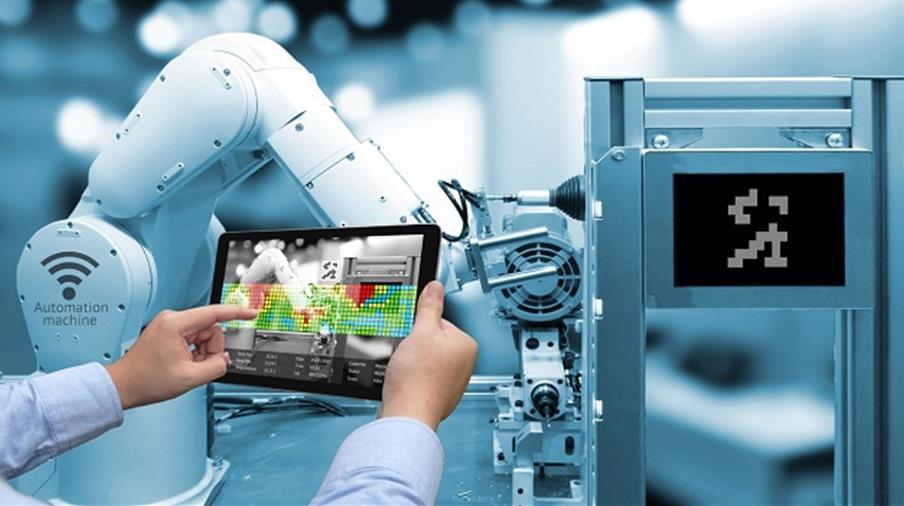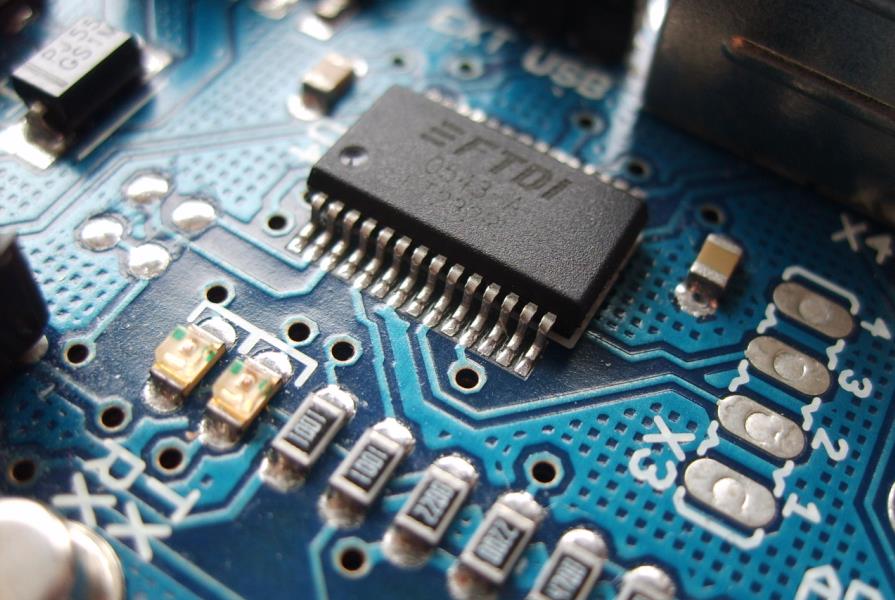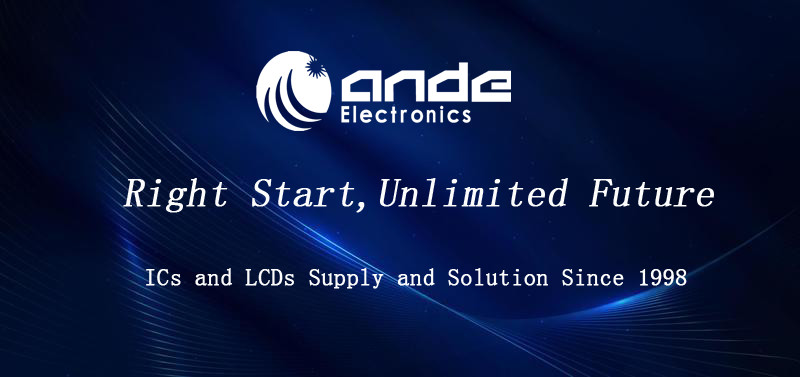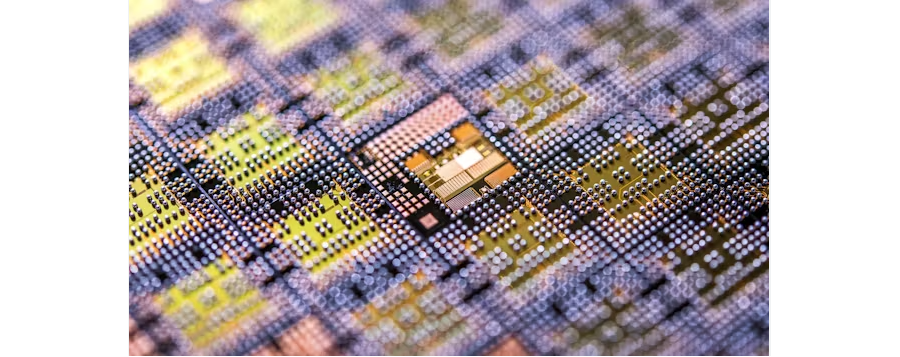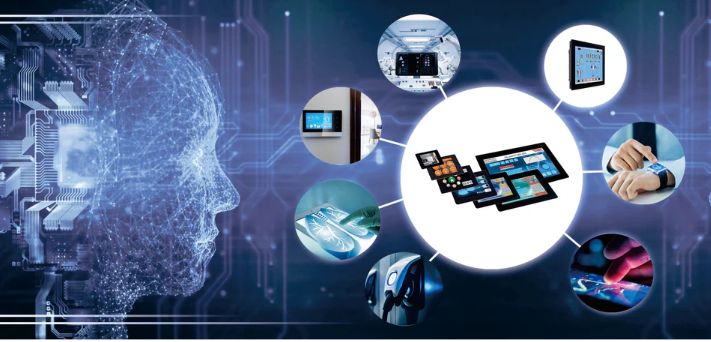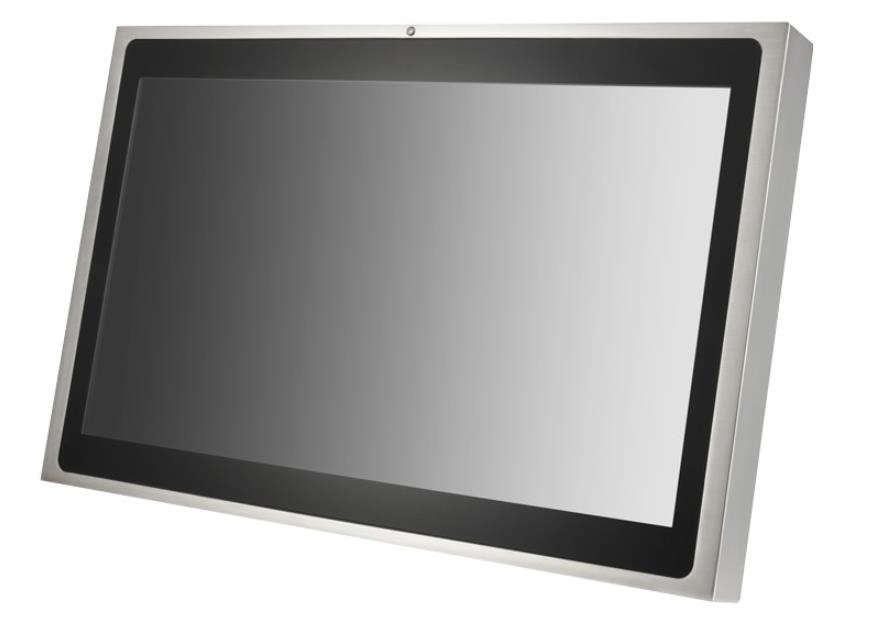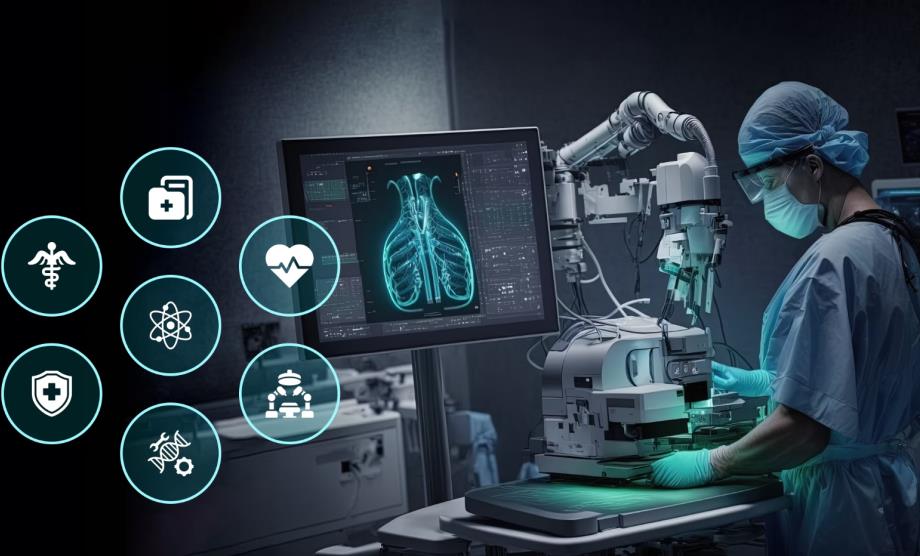In today's rapidly evolving industrial landscape, electronic components have become fundamental to the operation and efficiency of various processes and systems. From manufacturing plants to automated systems, the integration of advanced electronics is driving innovation, improving performance, and enhancing reliability. This blog explores the critical role electronic components play in industrial applications, highlighting key technologies and their benefits.
1. Introduction to Industrial Electronics
Industrial electronics refers to the use of electronic devices and systems in industrial settings. These components range from simple sensors and switches to complex integrated circuits and programmable logic controllers (PLCs). The primary goal of industrial electronics is to control and monitor machinery and processes, ensuring they operate efficiently and safely. The primary objective of industrial electronics is to ensure reliable and precise operation in demanding conditions, such as manufacturing plants and automated systems in the industrial sector.
Additionally, industrial electronics play a crucial role in energy management, optimizing power usage, and ensuring sustainability. Safety systems also benefit from electronic components, enhancing the protection of workers and equipment. As technology evolves, industrial electronics continue to drive innovation, offering improved efficiency, reliability, and adaptability in the industrial sector.
2. Key Electronic Components in Industrial Applications
a. Sensors
Sensors are vital for detecting and measuring various physical parameters such as temperature, pressure, humidity, and motion. They provide critical data that helps in monitoring and controlling industrial processes. Common types of sensors used in the industrial sector include:
• Temperature Sensors: Used in manufacturing to monitor the temperature of machines and materials, ensuring optimal operating conditions.
• Pressure Sensors: Crucial in hydraulic and pneumatic systems to measure and control pressure levels.
• Proximity Sensors: Detect the presence or absence of an object, often used in automated systems to prevent collisions.
b. Actuators
Actuators convert electrical signals into physical movement, enabling machines to perform specific tasks. They are essential in applications such as robotics, where precise movements are required. Types of actuators include:
• Linear Actuators: Provide straight-line motion, used in applications like material handling and packaging.
• Rotary Actuators: Produce rotational motion, essential for rotating equipment and robotic arms.
c. Programmable Logic Controllers (PLCs)
PLCs are specialized computers used to control machinery and processes. They are designed to handle the harsh industrial environment and provide real-time control. PLCs are programmed to perform specific tasks, such as controlling conveyor belts, robotic arms, and other automated systems.
d. Power Supplies
Reliable power supplies are crucial for industrial electronics, ensuring that all components receive stable and sufficient power. Industrial power supplies are designed to withstand high temperatures, vibrations, and other challenging conditions.
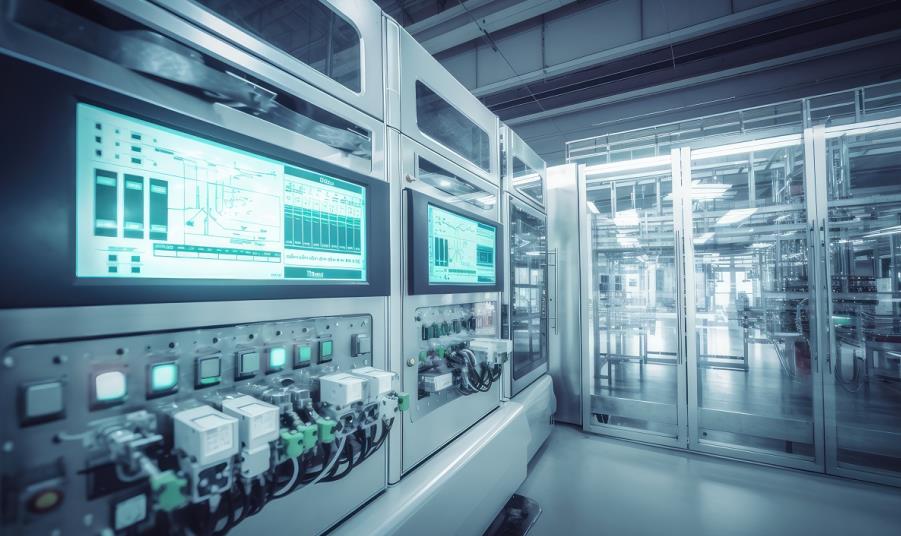
3. Applications of Electronic Components in Industry
a. Automation and Control Systems
Automation is transforming the industrial sector, making processes more efficient and reducing the need for manual intervention. Electronic components such as sensors, actuators, and PLCs are integral to automation systems. They enable precise control of machinery, improve production rates, and ensure consistent quality.
b. Robotics
Robots are increasingly used in industries for tasks such as assembly, welding, painting, and packaging. Electronic components are the backbone of robotic systems, providing control, feedback, and power. Sensors allow robots to perceive their environment, while actuators enable movement and manipulation.
c. Energy Management
Efficient energy management is essential for reducing operational costs and environmental impact. Electronic components such as smart meters, energy management systems, and power quality analyzers help industries monitor and optimize their energy consumption. This leads to improved energy efficiency and lower carbon footprints.
d. Safety Systems
Safety is a paramount concern in industrial environments. Electronic components play a crucial role in ensuring the safety of workers and equipment. For instance, safety sensors can detect hazardous conditions and trigger alarms or shutdowns. Emergency stop switches and interlock systems are also critical for preventing accidents.
4. Advantages of Using Electronic Components in Industry
a. Increased Efficiency
Electronic components enable precise control and monitoring of industrial processes, leading to higher efficiency and productivity. Automation reduces human error and allows for continuous operation, maximizing output.
b. Enhanced Reliability
Modern electronic components are designed to be highly reliable and durable, capable of operating in harsh industrial environments. This reduces downtime and maintenance costs, ensuring consistent performance.
c. Scalability and Flexibility
Industrial electronic systems can be easily scaled and reconfigured to meet changing demands. This flexibility is crucial for industries that need to adapt quickly to market trends and customer requirements.
d. Improved Data Collection and Analysis
Sensors and other electronic components provide valuable data that can be used for analysis and decision-making. This data-driven approach enables industries to optimize processes, improve quality, and predict maintenance needs.
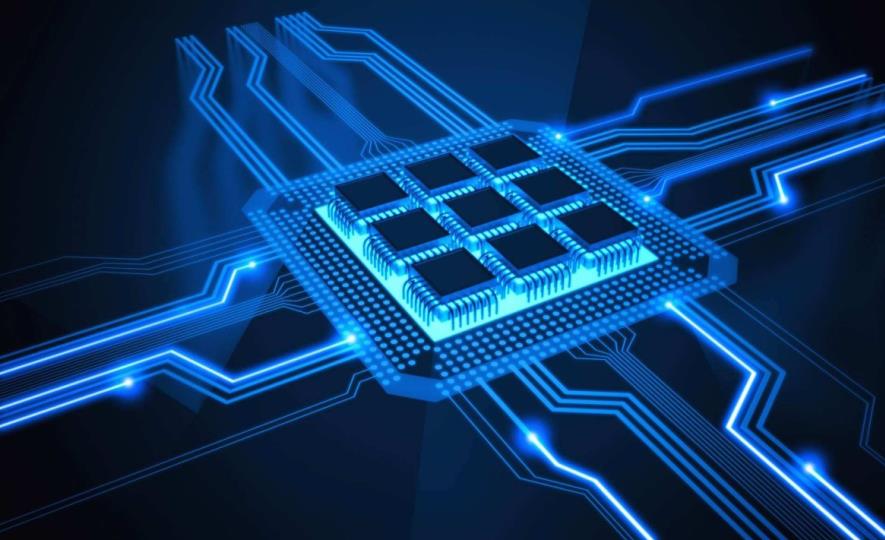
5. Challenges and Future Trends
While the benefits of electronic components in industrial applications are significant, there are challenges to consider. These include the need for skilled personnel to maintain and operate complex systems, cybersecurity threats, and the initial cost of implementation. However, advancements in technology continue to address these challenges, paving the way for even more innovative applications. You can also send us RFQ.
Future trends in industrial electronics include the integration of artificial intelligence (AI) and machine learning (ML) for predictive maintenance and process optimization, the use of IoT (Internet of Things) for enhanced connectivity and data exchange, and the development of more energy-efficient and environmentally friendly components.
Electronic components are indispensable in the industrial sector, driving advancements in automation, robotics, energy management, and safety. As technology continues to evolve, the role of electronics in industry will only become more critical, offering new opportunities for efficiency, reliability, and innovation. Embracing these technologies will be key for industrial sector looking to stay competitive and meet the demands of the future.
Any question or inquiry, pls feel free to contact us: [email protected]
For more LCDs and ICs, pls visit: www.andesource.com

